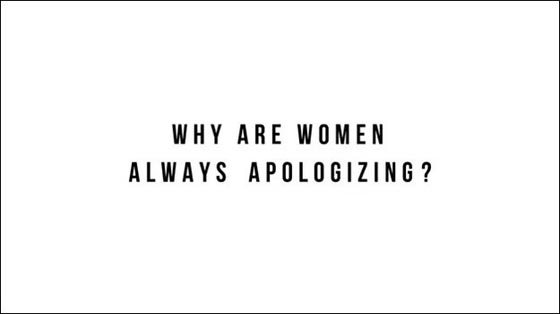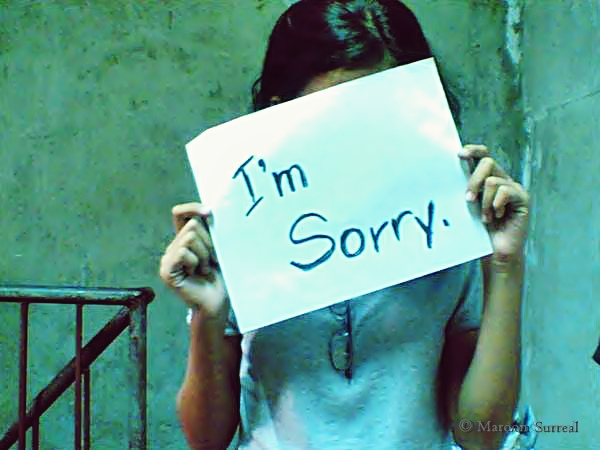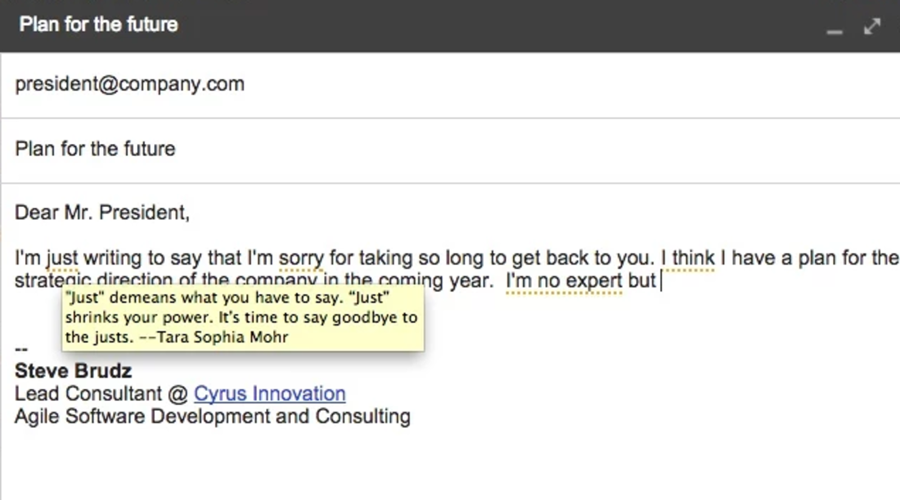
Sorry Not Sorry: How to Stop Apologizing So Much and Project Confidence

Being a woman has always been an exercise in being sorry for all sorts of things that are beyond your control. Examples include: not wearing makeup, wearing too much makeup, daring to menstruate, taking up space and living and breathing in general.
Regardless of whether or not you actually feel sorry in the first place, saying that you are has more or less been part of womanhood since forever. According to Robin Lakoff, a professor of sociolinguistics at University of California, Berkeley, “Sorry is a ritualized form meaning something like, ‘I hope this is O.K. with you.’ It lets people—especially women—get away with saying what the other person doesn’t want to hear.”

Within this context, it’s easy to conclude that saying “sorry” doesn’t actually mean you’re sorry, but is rather being used as a qualifier to downplay our power lest we seem too “bossy” or “aggressive.” Considering the obvious—and sometimes fatal—pushback women endure for simply stating their opinions, this makes a lot of sense. But just because we understand where this Trojan horse for sneaking in demands originate from doesn’t mean it has to stay this way.

Thanks to Tami Reiss’ new Just Not Sorry app (available at the Chrome App store), it’s easier to identify these kinds of language patterns in our own lives, as well as introducing incremental changes in how we communicate with each other. According to Reiss:
Qualifiers hint to the reader that you don’t have faith in what you’re saying. The last thing you need is to seem unsure of yourself. We want to make it easy to kick the habit by making it obvious when these qualifiers are holding us back.
While qualifiers like “just” and “sorry” have a proper use, Reiss’ goal is to make users more conscious of how they might be subtly undermining themselves while enabling us to feel more empowered in our speech. So remember: it’s not a sin to demand what you want and deserve. Start 2016 on the right foot and communicate with confidence!
“I’m Sorry” image by Flickr User Leyram Odacrem.

